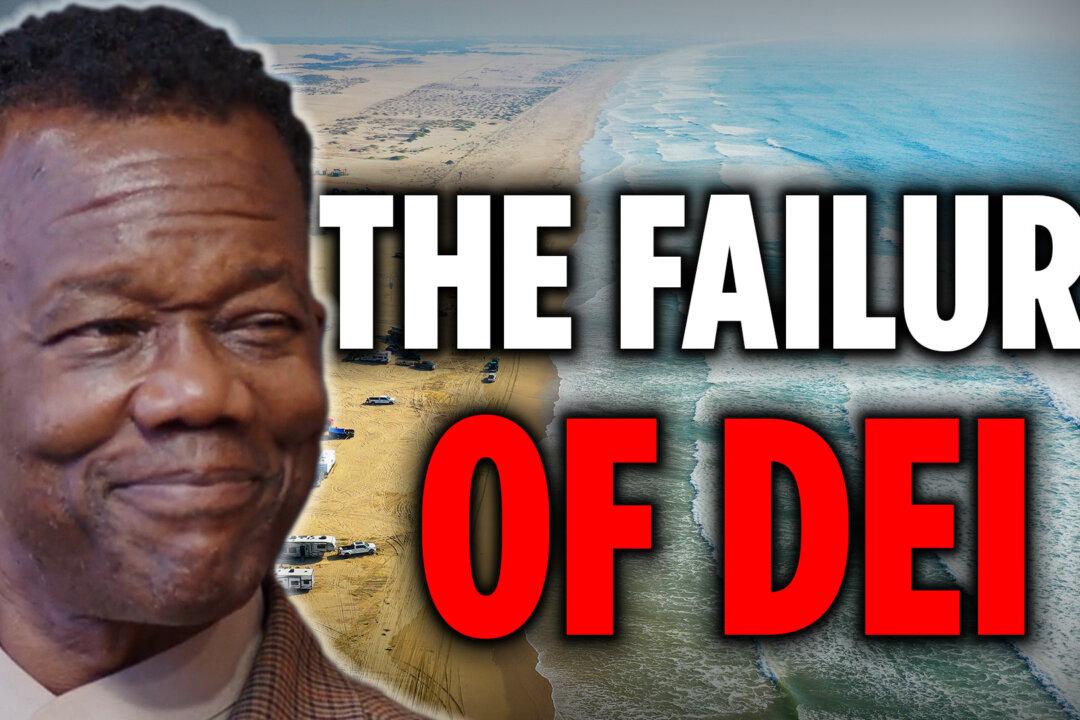The state of California has been creating more and more laws to embrace DEI (Diversity, Equity and Inclusion). I talked to Kevin McGary, President of the Frederick Douglass Foundation of California, about the origin and development of DEI, as well as its impact in the future. His book is DEI in 3D: Deciphering Designs, Demands And Dilemmas of DEI https://a.co/d/iWvTTAQ

Kevin McGary Courtesy to Bay Area Innovators

Steve Ispas
Reporter
|Updated:
Steve is an investigative reporter based in the San Francisco Bay Area.
Author’s Selected Articles

